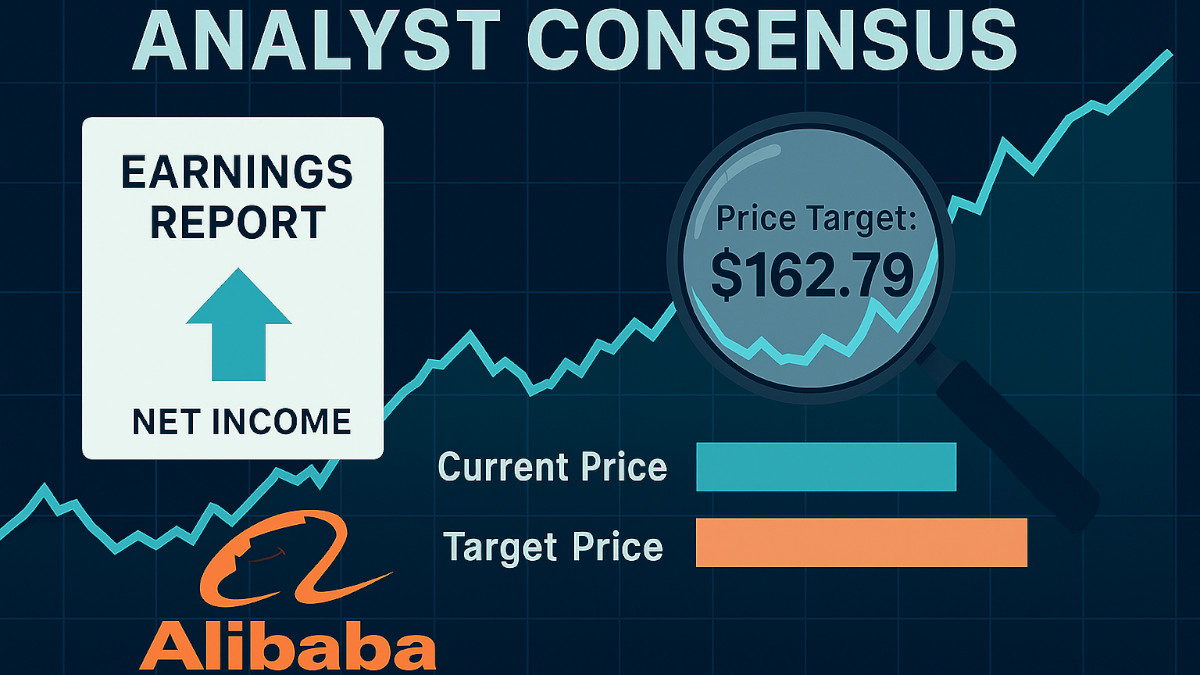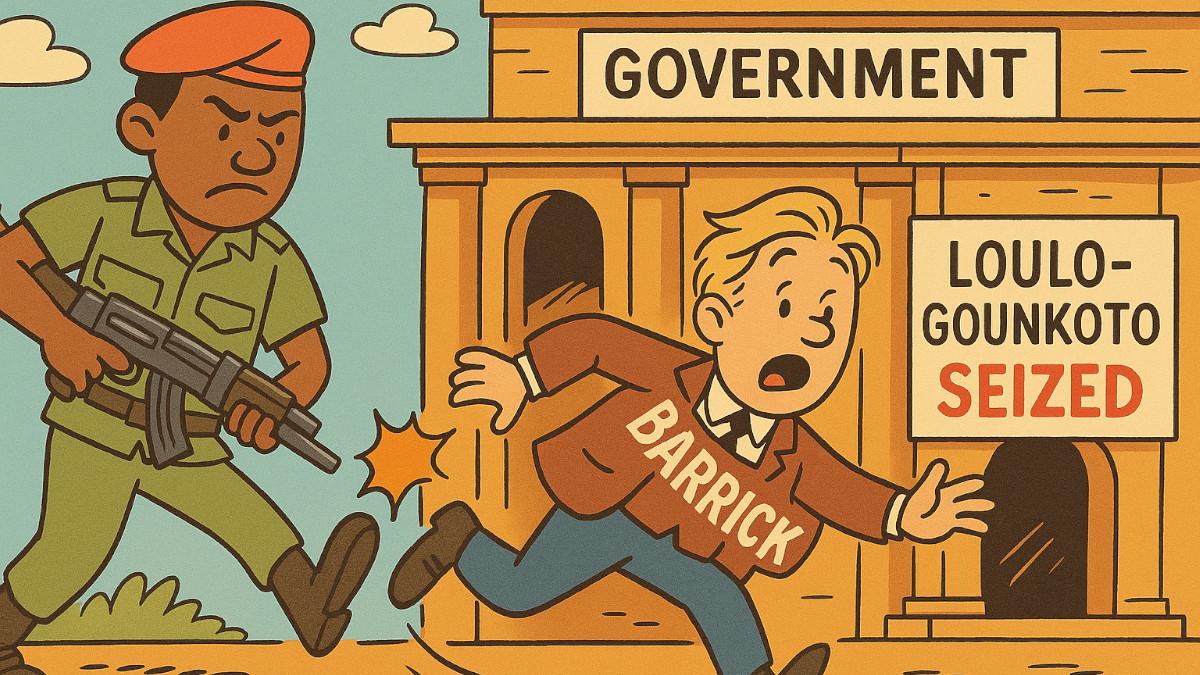- تحليلات
- أخبار التداول
- Boeing Strike Ends – Wage Gains and Unresolved Pension
Boeing Strike Ends – Wage Gains and Unresolved Pension

The most expensive strike in the United States in over 25 years is over! Boeing workers represented by the International Association of Machinists voted to accept the latest offer. Seven-week strike had cost Boeing approximately $6.5 billion and impacted U.S. economy by more than $11.5 billion.
Boeing Strikers’ Demands
The strike began on September 13, started from demands for higher wages, enhanced retirement benefits, and job security.
Workers had rejected Boeing’s first two proposals with a nearly unanimous and then a 64% majority, a clear sign of dissatisfaction with previous offers.
Boeing workers' core frustration was in Boeing’s refusal to reinstate the traditional defined benefit pension plan, which had been eliminated in a 2014 labor agreement.
Boeing's latest deal, accepted by 59% of IAM members, offered a pay raise - 13% immediately, followed by 9% annual increases for the next two years and 7% in the final year. A $12,000 ratification bonus was also part of the package, with options for 401(k) contributions.
However, pension issue that caused workers’ dissatisfaction remains unresolved.
John Holden, the union’s chief negotiator, acknowledged the mixed feelings among workers. While the deal is favorable on wages and benefits, the lack of a return to defined-benefit pensions left 41 percent of members dissatisfied.
“Our members deserve pensions just as every worker deserves a secure and fair retirement,” Holden said.
Note: In the U.S. workforce traditional pensions have been replaced by contribution-based plans.
The strike had an impact not only on Boeing, it also affected supply chain. As the largest U.S. exporter and a source of 1.6 million jobs nationwide, the shutdown led to layoffs among 10,000 suppliers and a temporary halt in production of commercial jets, including the 737 Max and freighters.
The strike’s conclusion is a relief for airlines that had faced delayed deliveries. Current fleets were unaffected, but anticipated arrival of new jets had been paused.
Boeing’s Long Road to Recovery
For Boeing, ending the strike was essential. They had nearly $40 billion in operating losses following two deadly crashes of the 737 Max and the subsequent production halts.
New CEO Kelly Ortberr took over just weeks before the strike began. His challenge is to rebuild the trust internally while steering the company back to profitability.
The recent deal is a partial victory for the workforce and leadership. Yet, for Boeing and its employees, the road ahead involves not just operational stabilization but also addressing long-standing labor issues. The union’s struggle for pensions is actually a broader issue in the U.S. labor market about fair retirement benefits, especially as fewer workers today benefit from the security of defined benefit plans.
Bottom Line
With operations resuming, traders could expect increased revenue as production picks up the pace, potentially lifting short- to medium-term stock prices. Airlines facing delivery delays, especially those dependent on Boeing’s 737 Max, may see positive effects. Parts suppliers to Boeing might also gain from the renewed production flow.







